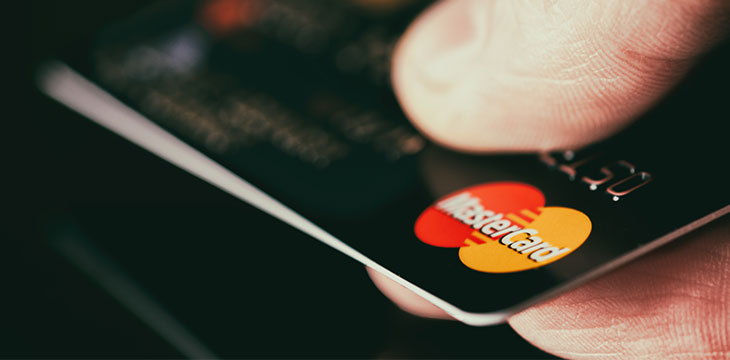|
Getting your Trinity Audio player ready...
|
Cryptocurrencies are becoming more popular for many different reasons, but there is one common thread among all of them that appeals most to consumers. Put simply, the fact that governments are not involved in how they operate makes them an attractive alternative to fiat. Now, one of the world’s largest credit card institutions has finally come out in support of the money of the future, but with a huge catch.
Mastercard has previously said that buying cryptocurrency with its cards would be considered as a cash advance and not a purchase. The difference means a higher rate of interest to consumers, and is one of the reasons that the markets continue to see major instability. Now, Mastercard is backpedaling slightly and is willing to embrace cryptocurrency, but only for coins that are issued by central banks, according to a Financial Times report.
This goes against the grain of why cryptocurrencies are here. Bitcoin was created in 2009 in the wake of a severe economic downturn. The sheer brilliance of cryptocurrencies lends itself to not be subjected to the pitfalls of government-backed currencies, the values of which can fluctuate based almost on a whim. If a country needs more cash flow, it prints more money. However, in doing so, it also weakens the currency’s—and the entire economy’s—value over the long term.
The second-largest credit card company is currently conducting tests in Japan and Singapore that allow customers to exchange their crypto directly into fiat on their cards. It has employed Know Your Customer (KYC) controls to ensure that the funds are not used for money laundering or other malicious activities. It’s a way for MC to get into the crypto game without stepping on financial regulators’ toes.
One country has already started to develop its own version of cryptocurrency, of sorts. Sweden announced earlier this year that its central bank, the Riksbank, could launch the e-Krona within the next couple of years. The new money would not be printed, but, rather, stored by the user on an app or a card tied to a central database to register the funds. While Riksbank may consider this to be a form of cryptocurrency, it’s really nothing more than a paper-less currency.

 02-22-2026
02-22-2026 




